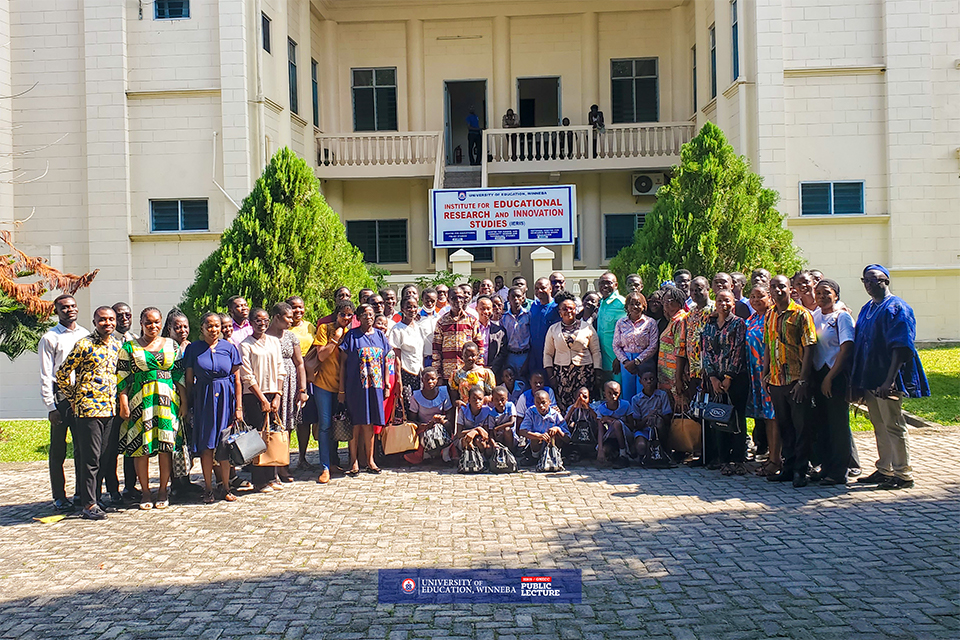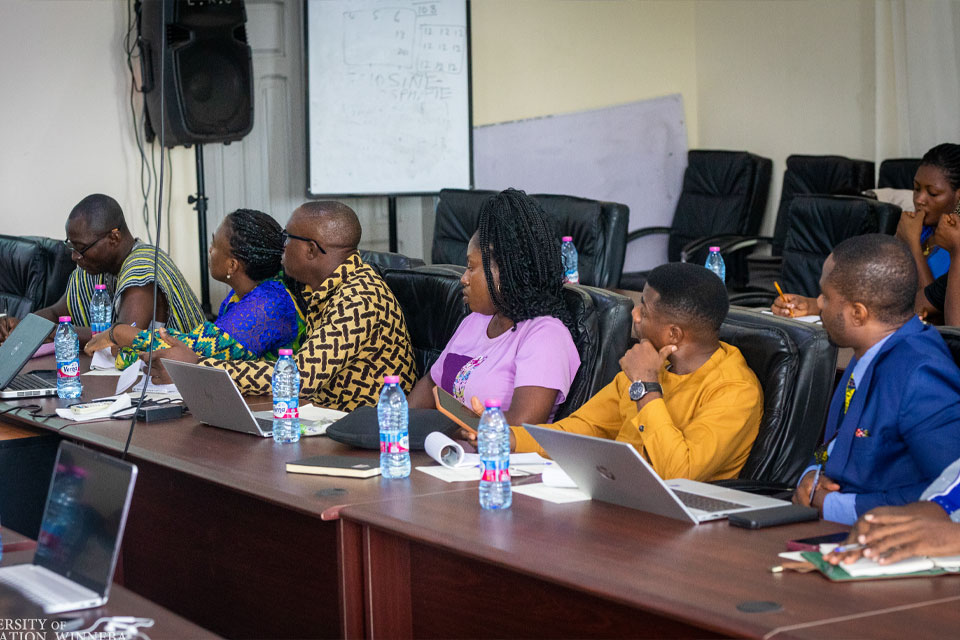IERIS-UEW Public Lecture Promotes Inclusive and Gender-Sensitive Education
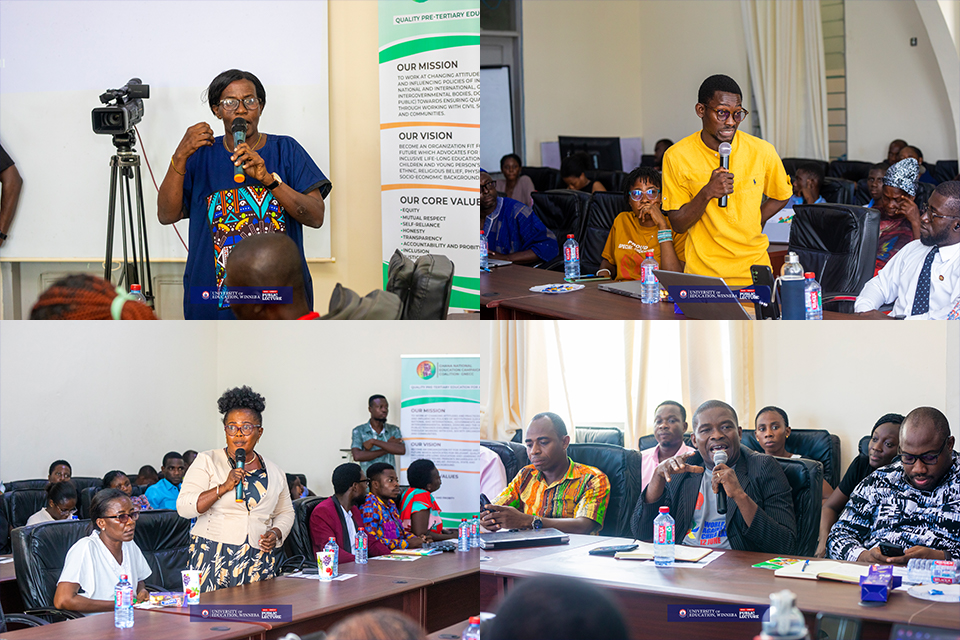
The Institute for Educational Research and Innovation Studies (IERIS) at the University of Education, Winneba (UEW) in collaboration with the Ghana National Education Campaign Coalition (GNECC) hosted a high-level national public lecture on inclusive and gender-sensitive education.
The event, held under the theme “Bridging the Gap: Advancing Inclusive and Gender-Sensitive Education for All,” brought together researchers, civil society actors, educators, students and policymakers to discuss critical strategies for reforming Ghana’s education system.
The programme highlighted effective classroom strategies, policy frameworks, implementation challenges and grassroots advocacy as key pillars for closing persistent education gaps.
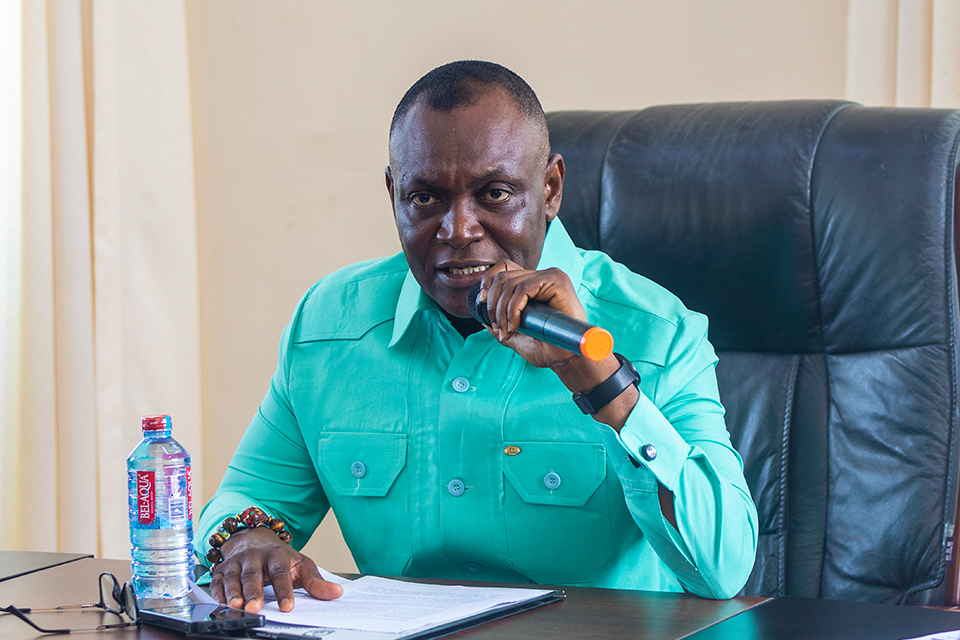
Prof. Hope Pius Nudzor, Director of IERIS, opened the event by introducing the institutional framework of IERIS, describing it as a leading research arm of UEW dedicated to policy analysis, innovation and community-driven educational transformation.
He highlighted the Institute’s focus areas, including educational policy, inclusive education, AI and STEM education as essential to Ghana’s development goals.
Prof. Nudzor affirmed UEW’s role in fulfilling its research and advocacy mandate, stating, “We are gathered here in fulfilment of our mission to collaborate with key education stakeholders to extend the frontiers of education in Ghana and beyond.”
The Director of IERIS urged greater engagement with policymakers to ensure research and recommendations result in tangible outcomes. “Our politicians are the money holders; we must find ways to bring them into these conversations directly to influence how they allocate resources,” he stated.
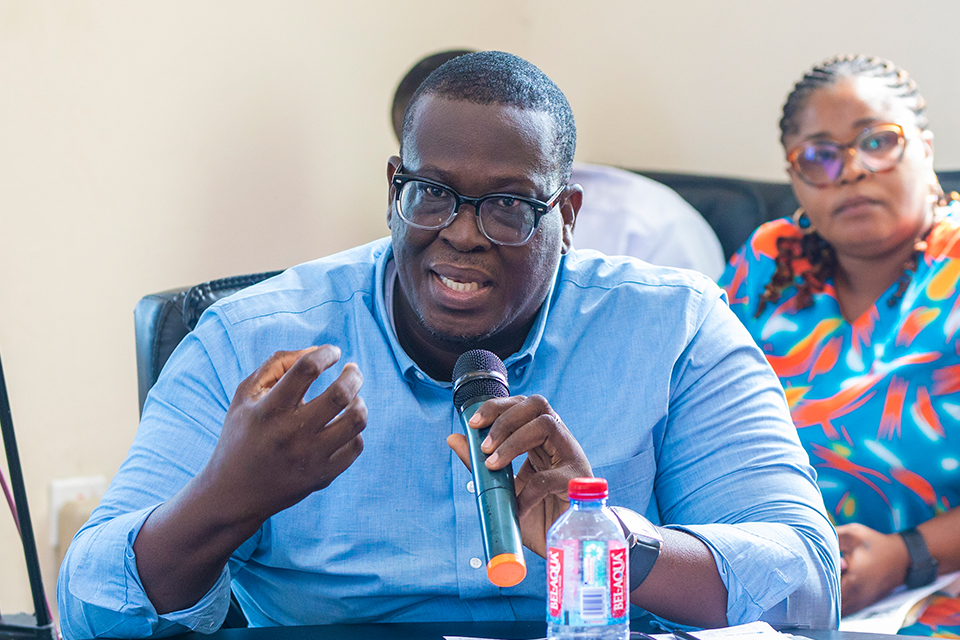
Dr. Pius Senanu Kwame Dzihyela, Central Regional Chairman of GNECC, spoke on behalf of the coalition’s National Chairman, Mr. Joseph Atsu Homadzi. He described the forum as a “critical national conversation”.
He emphasised the urgency of addressing infrastructural, personnel and awareness gaps that hinder inclusive education, especially for girls and children with disability. “Children with special needs continue to face persistent barriers. This event presents a key opportunity to reflect and take collaborative action to promote gender-sensitive, inclusive education that leaves no child behind,” he affirmed.
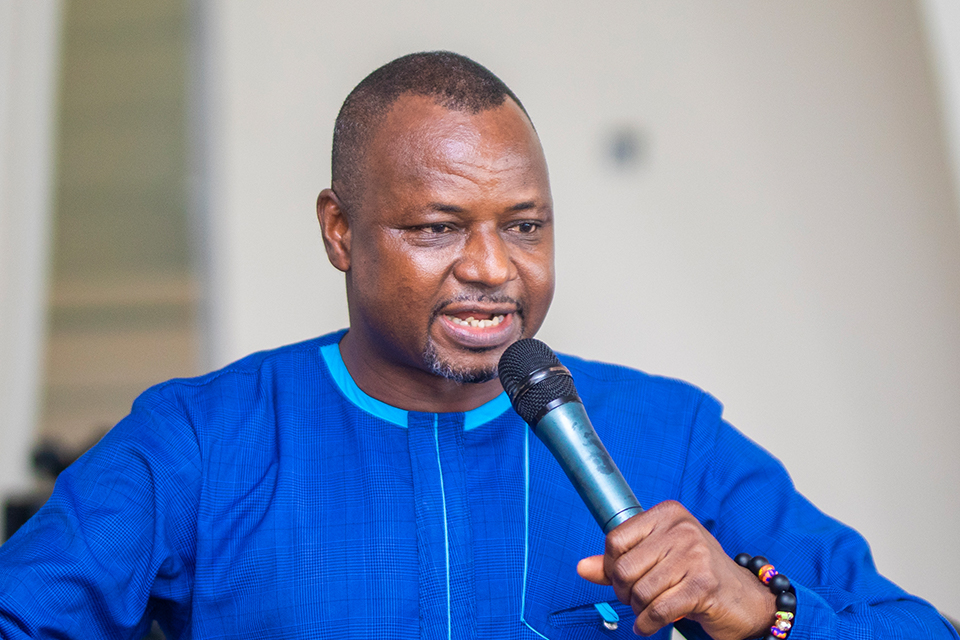
Dr. Adams Awini, a Senior Lecturer at UEW’s Department of Special Education, provided an insightful presentation on “Classroom-Level Strategies for Inclusion and Gender Sensitivity.” He described inclusive education as a “philosophy rooted in equity, dignity and the right of every learner to belong, participate and succeed.”
He argued that the classroom is a critical environment for the success or failure of inclusion, proposing differentiated instruction using Universal Design for Learning (UDL), assistive technology, peer support systems, inclusive language and flexible grouping as essential tools. “It is not about equality but equity—providing each learner the support they need to succeed,” he passionately noted.
Dr. Awini further urged the government and stakeholders to equip teachers, integrate affordable technologies, and revise outdated assessment methods to accommodate all learners, particularly those from disadvantaged backgrounds or with special educational needs.
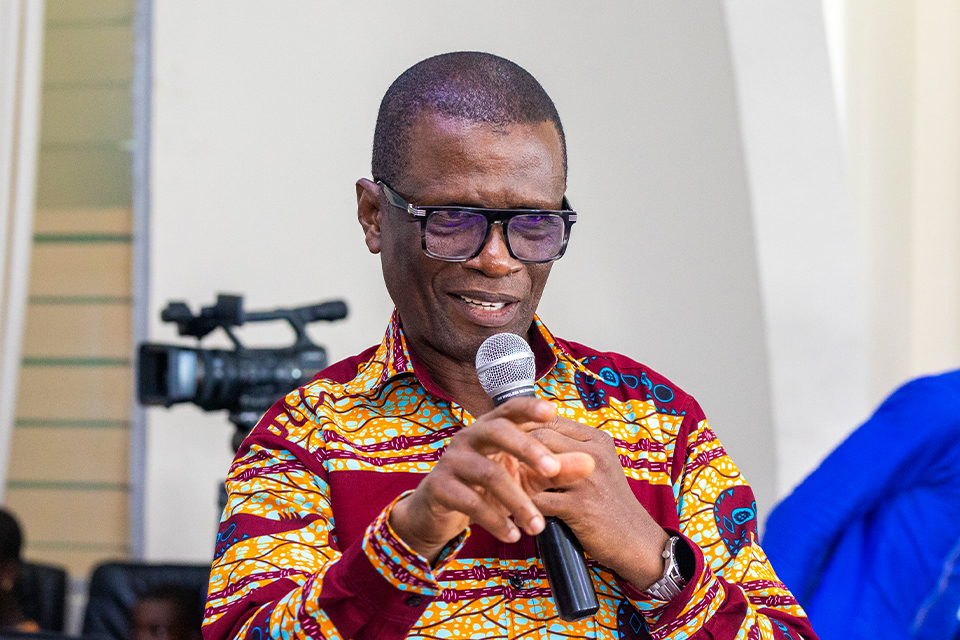
Prof. Samuel Kwaku Hayford of UEW delivered the second presentation, offering a comprehensive analysis of Ghana’s Inclusive Education Policy and its implementation status. He depicted a sobering reality of over 1.2 million children out of school—many of them girls, children with disability or those in hard-to-reach areas.
Although Ghana’s inclusive education policy has garnered international recognition, Prof. Hayford noted that substantial barriers persist. These include challenges related to teacher preparedness, shortages of necessary resources, inadequate infrastructure and deficiencies in policy implementation.
He stressed the importance of embedding inclusivity into teacher training, curriculum design, and national planning. “The classroom remains the most radical space for possibility,” he emphasised, calling on participants to act as ambassadors for inclusive change.
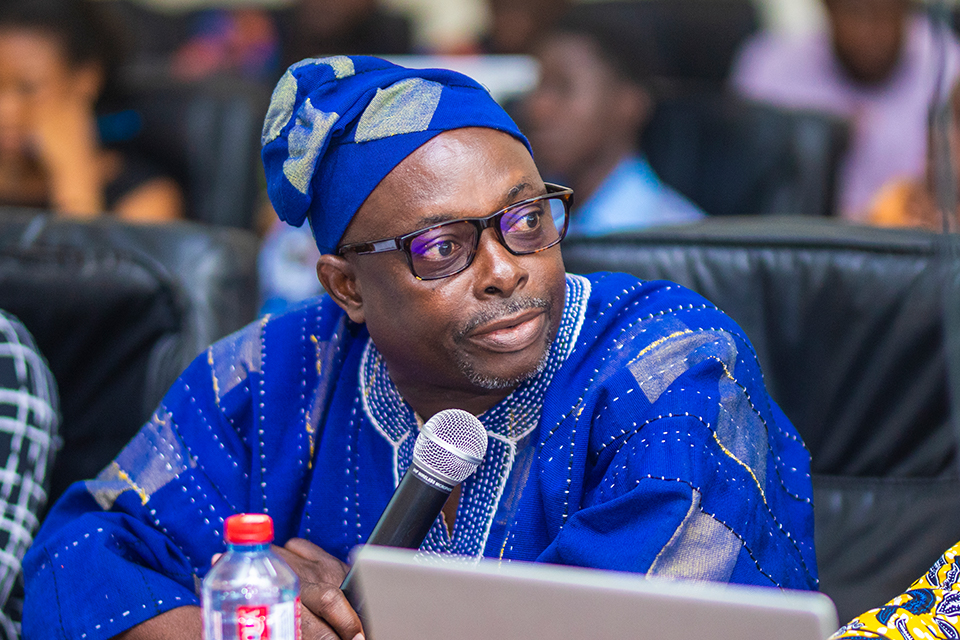
Mr. Festus Longmatey, Head of Programmes at GNECC, provided a detailed overview of the Coalition’s structures and initiatives. “From District Education for All Teams (DEFATs) to Community Dialogue Teams, GNECC’s model leverages local actors and consultative platforms to promote inclusive policies and accountability at the grassroots level.”
Highlighting recent achievements, Mr. Longmatey said, “We were part of the development of Ghana’s inclusive education policy and continue to educate district assemblies, monitor school infrastructure and advocate on issues like gender-based violence and disability rights.”
The IERIS-UEW public lecture has sparked a vital national conversation on advancing inclusive and gender-sensitive education in Ghana. As stakeholders converge to bridge these gaps, it is clear that a multi-faceted approach is necessary—one that embeds inclusivity in teaching training, policy frameworks and community-driven initiatives. The responsibility lies with policymakers, educators and civil society to collaborate and guarantee that every learner, regardless of ability or gender, has access to quality education.
